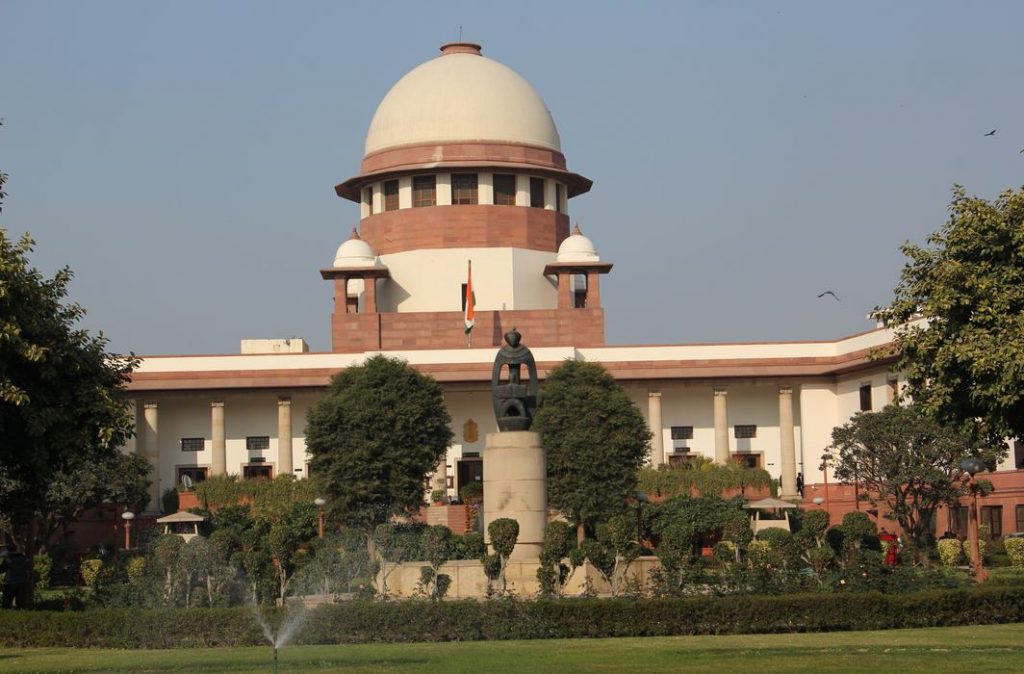NEW DELHI, Oct 8: The Narendra Modi government’s “evasive and brazen” response to the allegation of communalization of the COVID-19 reporting by a section of the electronic and print media in the country came under heavy criticism from the Supreme Court on Thursday.
The court also disapproved the “unnecessary and nonsensical” averments made in the government affidavit filed by a junior officer in response to the petition filed by the Jamiat Ulema-i-Hind and directed the solicitor general Tushar Mehta to ask a secretary level official to file the affidavit with details of steps taken in the past to stop “motivated media reporting” in such cases.
A bench headed by the chief justice S A Bobde and comprising Justices A S Bopanna and V Ramasubramanian, was hearing a clutch of petitions filed by Jamiat Ulema-i-Hind and others seeking action against media organisation for alleged “motivated reporting” giving communal colour to the COVID-19 outbreak at the Tablighi Jamaat congregation in Delhi’s Nizamuddin.
The bench rapped the solicitor general after a junior official at the Information and Broadcasting Ministry filed the affidavit which contained “unnecessary” and “nonsensical” averments with regard to media reporting on the issue. “You cannot treat the Court how you are treating it. The affidavit is by some junior officer. The affidavit is evasive and says the petitioner shows no instance of bad reporting. You may not agree, but how you can say there is no instance of bad reporting shown? Secretary of the department must file an affidavit and avoid any unnecessary and nonsensical averments as made now,” Bobde was quoted as saying.
Senior advocate Dushyant Dave, appearing for the Jamaat, told the court that the Centre in its affidavit had stated petitioners were trying to muzzle freedom of speech and expression invoking immediate comments from the bench, “Freedom of speech and expression is the most abused right in recent times,” and added, “They are free to make any averment in their affidavit, like you are free to make any argument you want,” it added.
The petitions will be taken up for haring after two weeks.
The Jamiat Ulema-e-Hind had moved the apex court on April 6 seeking directions to prevent what it claimed was the communalisation of the Nizamuddin Markaz issue by certain sections of the print and electronic media.
The junior I and B official had filed the central government affidavit on August 7 stating that the spread of Covid-19 among attendees of the Jamaat, attacks on health workers by some sections, etc, were all matters of fact and that “news reports based on facts… cannot be censored”.
It also said the plea raised grievances against “certain section of media” without naming any and “certain news reports” without producing these reports. Instead, it “merely relied upon ‘certain fact check news reports’ to contend that the entire media is perpetrating communal disharmony and hatred towards Muslims, and is therefore required to be censured/gagged,” the government said.
(Manas Dasgupta)

